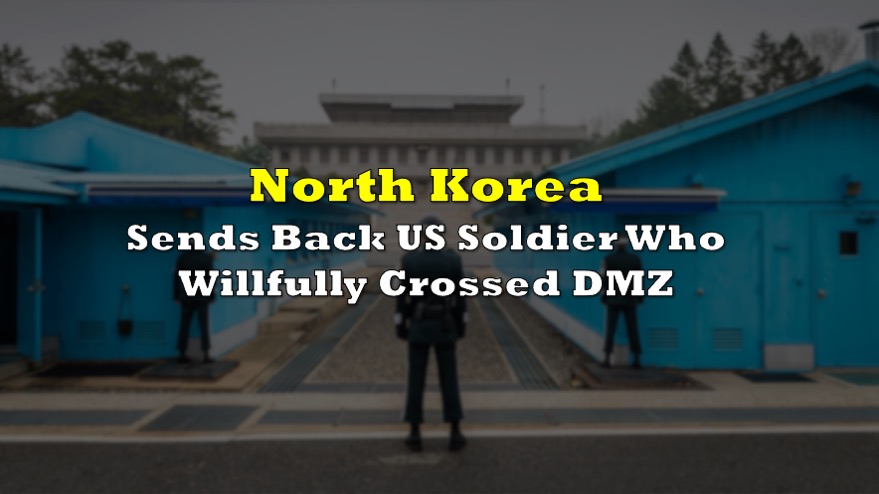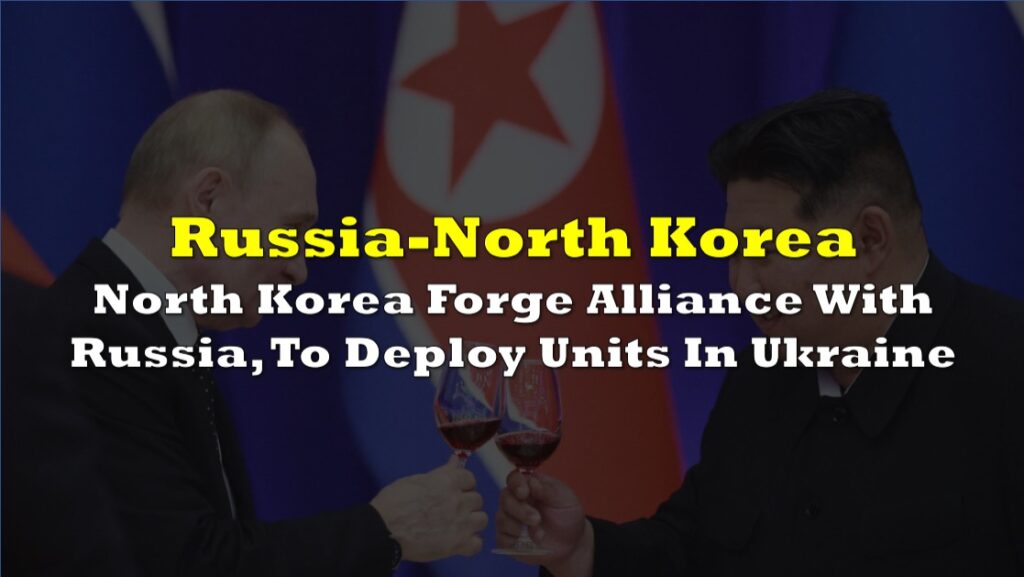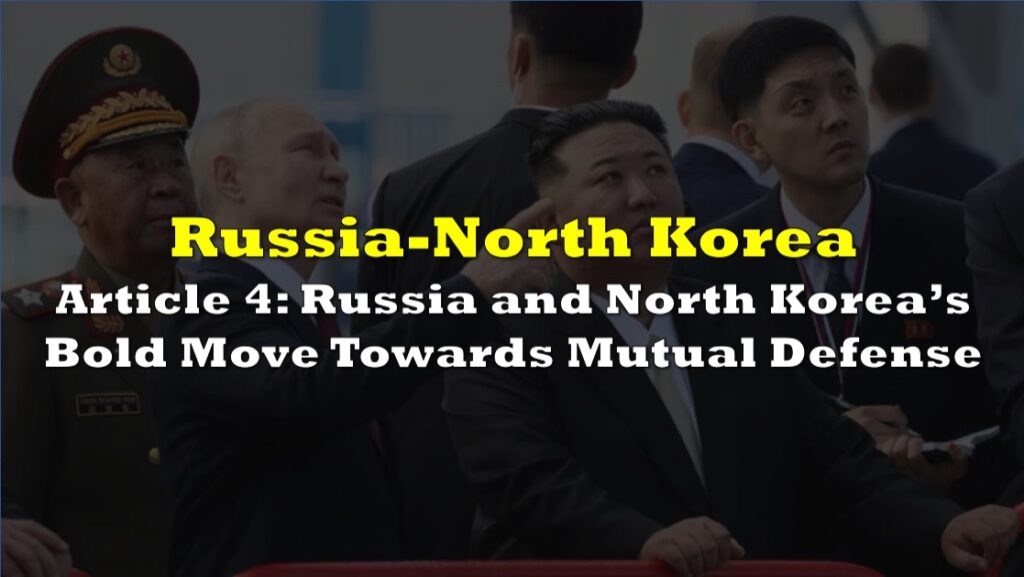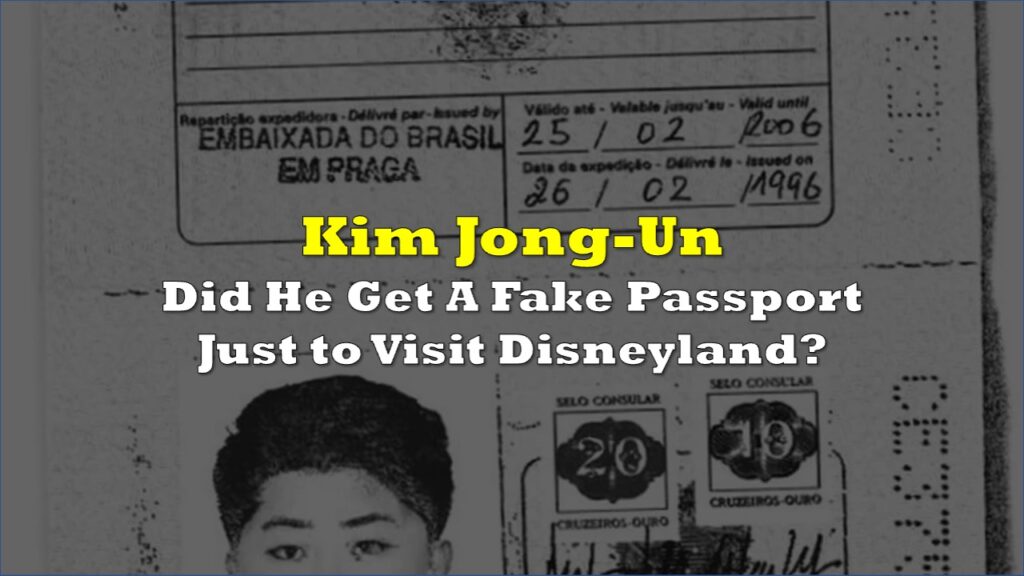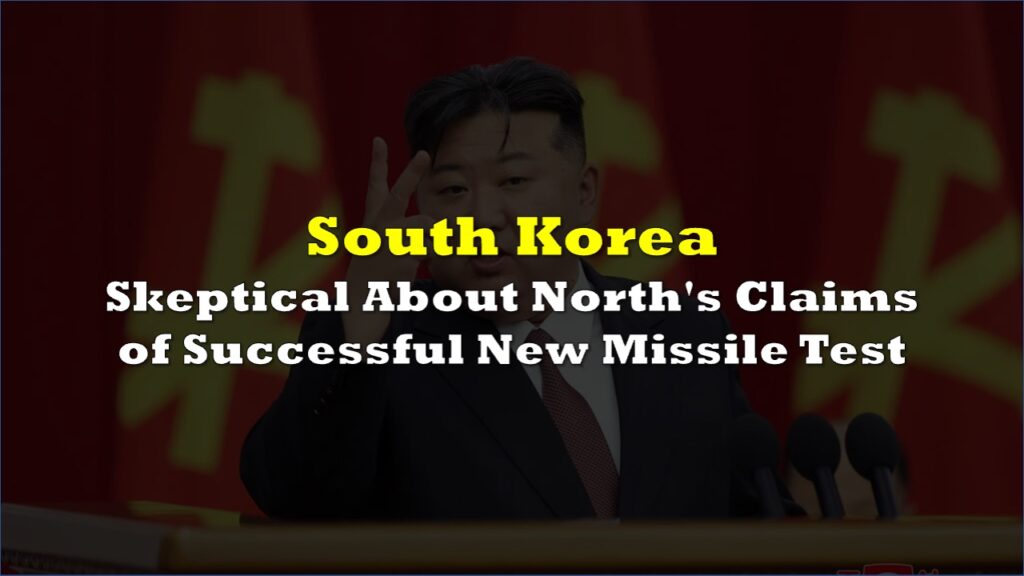Tensions in North Korea, led by the autocratic Supreme Leader Kim Jong-un, are at a significant point of escalation. Within the nation, citizens are grappling with increasing poverty and the consequences of an isolated economy, while externally, the country’s population has demonstrated a striking animosity towards the United States, with mass rallies being held to express their antagonism.
Internally, North Korea, one of the world’s last autocracies, is enduring a silent yet potentially impactful rebellion. For years, North Koreans have lived below the poverty line, with the infamous four-year famine from 1994 to 1998 serving as a harrowing testament to the nation’s destitution. The situation continues to deteriorate, with a shrinking economy, growing shortages of crucial items, and a population more cognizant of life beyond North Korean borders, thanks to efforts by neighbouring countries to expose North Koreans to external realities.
The coronavirus pandemic in 2020 further isolated North Korea, deepening the existing crises. Recent investigations by BBC, in collaboration with Daily NK, suggest the situation has worsened to levels akin to those experienced during the nineties’ famine. The supply of vital resources has been disrupted, leading to severe food shortages and increased surveillance of everyday life.
North Korea Vows to ‘Pulverize the American Empire’
— Cat, Reigning Typo Queen👑😷🌻NO DMs (@typo_cat) June 27, 2023
“North Korea has held rallies across the country to mobilize hatred against the United States and South Korea in a renewed hardening of its propaganda effort,” the Times of London reports.
…
1/2
Ordinary citizens fear starvation or execution for the slightest disobedience, with some hoping for a US attack to end the oppressive regime. Interviews with a woman in Pyongyang, a construction worker near the Chinese border, and a market trader in the north reveal the grim reality. Stories of families and villagers starving to death are not uncommon, and these individuals, themselves struggling to survive, expose a mounting disillusionment with Kim’s regime.
Despite Russia allegedly providing the communist country with commercial aircraft, raw materials, and commodities in exchange for military weaponry, the imports aren’t reaching those that need it the most. Instead, Kim continues to invest heavily in his nuclear arsenal and missile launch tests. Furthermore, increased state monitoring and clampdowns have led to desperate measures, like the smuggling of medicine.
The international community’s lack of effective intervention has stoked frustration among North Koreans. Some even wish for war to eliminate the current leadership. Others, however, long for a society free from hunger and surveillance.
North Korea held mass rallies where people shouted slogans vowing a ‘war of revenge’ to destroy the United States pic.twitter.com/BMAtSVmvI7
— 6ixBuzzTV (@6ixbuzztv) June 27, 2023
Internationally, relations are equally strained. Global leaders have had minimal success in negotiating with Kim. Despite former President Donald Trump’s historic visit to the demilitarized zone in 2019, little progress has been made. North Korea’s relationships with most of the 164 independent states it has ties with are lukewarm at best, with China being the only significant ally.
Simultaneously, though, North Korean citizens held mass rallies in Pyongyang to mark the 73rd anniversary of the Korean War, with approximately 120,000 people reportedly participating. They condemned US “imperialism” and displayed signs like “The whole US mainland is within our shooting range,” while high-ranking North Korean officials accused Washington of intending to incite military confrontation and nuclear war.
These rallies coincide with an increase in North Korean weapons testing and a failed attempt to launch a military spy satellite. As part of Kim’s pledge to modernize the military, North Korea tested its first solid-fuel intercontinental ballistic missile in April.
Information for this story was found via the sources mentioned within the article. The author has no securities or affiliations related to the organizations discussed. Not a recommendation to buy or sell. Always do additional research and consult a professional before purchasing a security. The author holds no licenses.





